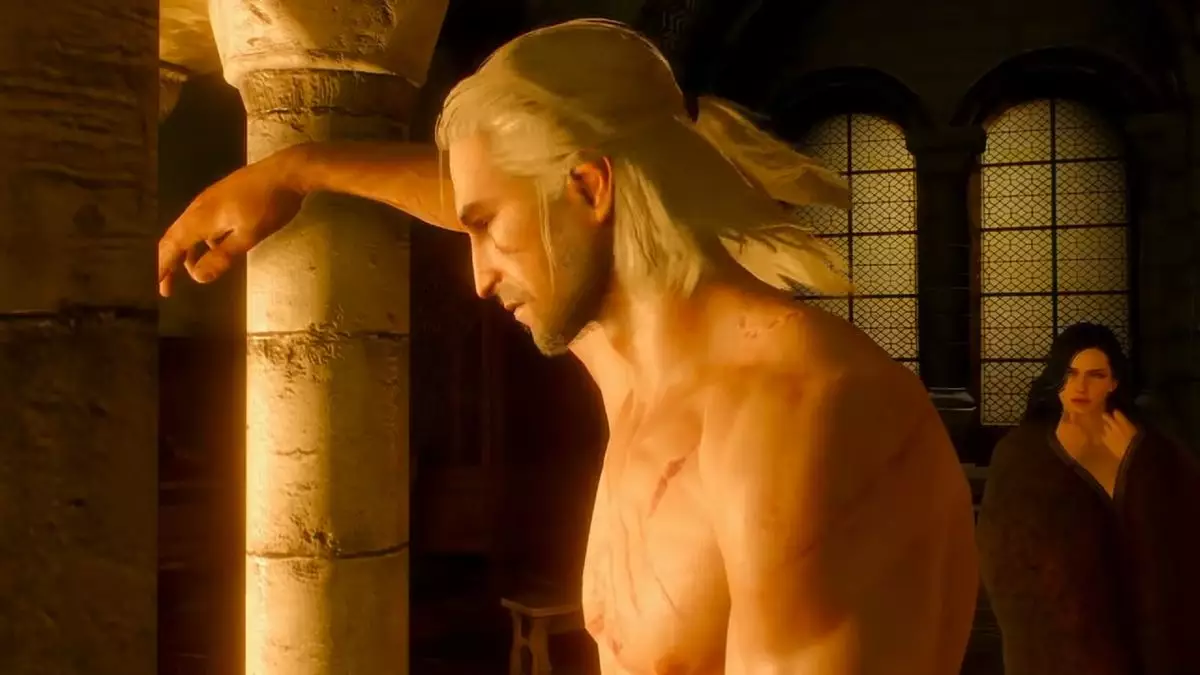In the realm of role-playing games (RPGs), linear narratives have long been the standard, with many developers opting for a confined storytelling approach that leverages curated paths and tightly woven plots. However, Mateusz Tomaszkiewicz, best known for his work as the lead quest designer on The Witcher 3, is no stranger to pioneering the shift towards expansive storytelling within open-world frameworks. His latest venture, Blood of Dawnwalker, embodies this evolution by daring to explore innovative mechanics that challenge established norms.
Tomaszkiewicz recalls the ambitious challenges faced during the creation of The Witcher 3. He and his team grappled with a fundamental question: could an intricate narrative thrive in a world unbound by linear constraints? Their decision to intertwine sprawling tales with an open-world structure was a bold move that met initial skepticism. “We feared that a massive story could overwhelm players in a less structured environment,” he shared, reflecting on the delicate balance between player freedom and narrative depth. This concern, however, did not deter them from pushing forward.
With his new project, Blood of Dawnwalker, Tomaszkiewicz is stepping further into uncharted territory. One of the game’s most distinct features is its unique mechanic where players utilize time as a pivotal resource, allowing for dynamic decision-making and emotional engagement. While this innovative approach aims to elevate gameplay and storytelling, it also poses inherent risks. “I anticipate some players might struggle with this mechanic, as it deviates from traditional gameplay,” he remarked, acknowledging the potential for polarizing reactions.
Interestingly, the innovative spirit that fueled the creation of The Witcher 3 remains integral to his current project. The experience gained from successfully merging storytelling with open-world design has emboldened him to implement ambitious concepts. Tomaszkiewicz understands that risk is an inherent part of creativity, and he embraces it despite the uncertainty that accompanies such ventures.
The accolades and recognition garnered by The Witcher 3 reflect not just a moment of success, but a paradigm shift in how RPGs can be conceived and executed. It has inspired other developers to explore similar thematic storytelling in open-world settings, fostering an environment where expansive narratives can flourish. Tomaszkiewicz’s approach serves as a reminder of the importance of bold creativity in game design—a philosophy that is front and center in every aspect of Blood of Dawnwalker.
As the landscape of RPGs continues to evolve, innovative thinkers like Tomaszkiewicz are leading the charge. While the transition from linear to expansive design can be daunting, history has shown that it can lead to unparalleled immersive experiences. With the promise of Blood of Dawnwalker, both Tomaszkiewicz and players alike remain hopeful that the fusion of ambitious storytelling and open-world gameplay can pave the way for even greater adventures.

